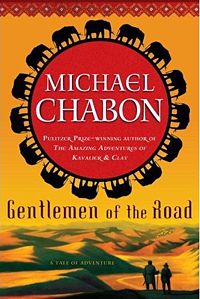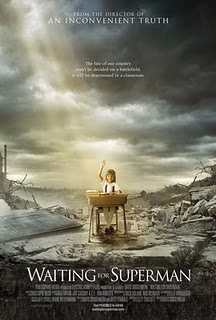The Kansas City Star featured an article today discussing the wonders of Auto-Tune, the software that automatically corrects for pitch once you run a recorded voice through it. I first encountered Auto-Tune when I was teaching at Millikin over five years ago. In my 20th century music class, we were discussing the impact of computers and sequencers and software on modern composition when one of my students brought up Auto-Tune. He was majoring in music technology and ran Millikin's recording studio, so he always brought interesting perspectives to class. On this day, he began talking about how voices have changed since software like Auto-Tune first became available. The software, he argued, could be used to make most anyone sound good, a fact he demonstrated with the memorable phrase, "I could even make a fart sound like an F#."
Since that time, I've thought a lot about how so much of what we hear on recordings isn't the way a particular person sounds; even live recordings are mixed to add more reverb here and smooth out rough edges there. Except for Cher's Auto-Tuned voice in her hit "Believe," Auto-Tune is one of those programs that works in the background for people from Britney Spears to Faith Hill, working out those kinks. But the program isn't without its detractors (Death Cab for Cutie is currently running an anti-Auto-Tune campaign) and raises all sorts of interesting questions about music performance that are great to tease out in the classroom.
One of the most interesting aspects of the Star's report was that they put two singers to the test to see what Auto-Tune could do for them. Despite her last name, Anna Caruso had trouble hitting high notes, but Auto-Tune knocked her voice up almost half an octave, though you can tell at those moments she's been digitally altered. More interesting to me was Bill Sundahl, a music promoter who has better pitch control, but not much depth to his voice. Notice how much richer a sound he gets with Auto-Tune. His video shows the real and very subtle power of the program.
After watching the videos, I'm curious as to what everyone thinks about the program. Reactions?
Self-doubt in the tech industry
2 years ago




4 comments:
I encountered this a few weeks ago when I attended a house concert by Eric Peters. His voice in person was exactly like it sounds on the CD. I can't say the same for the previous few singer's concerts I've attended. It made me realize just how much of the music I listen to is auto-tuned.
Is it wrong of me to actually want the singers to be able to sing? It makes me want to be even more picky about the concerts I do attend.
Of course, at many concerts any more the singers are either lip-synching or running their voice through auto-tune anyway. I think your experience with the house concert is completely the way to go. What a marvelous way to connect to a singer and his or her music. In history, there used to be the distinction between public and private music, private music being that performed for your friends in small settings. I think it's a great idea that needs a bit of a Renaissance.
I think autotune is very bad for true musicians, because the more attractive "singers" (like dear old Brittney) will be picked over people who can actually sing.
Andrew, apparently you (and Death Cab) are in good company.
http://bits.blogs.nytimes.com/2009/07/30/when-jay-z-hates-your-software/
Truthfully, not really being an insider to music technology, when I read this post a few months ago, it was the first I had heard of Auto-Tune. I have to think the masses screaming for Brittany have never heard of it either -- nor are they be able to discern digital alteration when they hear it.
With advanced technology becoming more and more available, I think there's no way this manufacturization of talent will go away. It will just make authentic experiences like missyg's more valuable.
Post a Comment